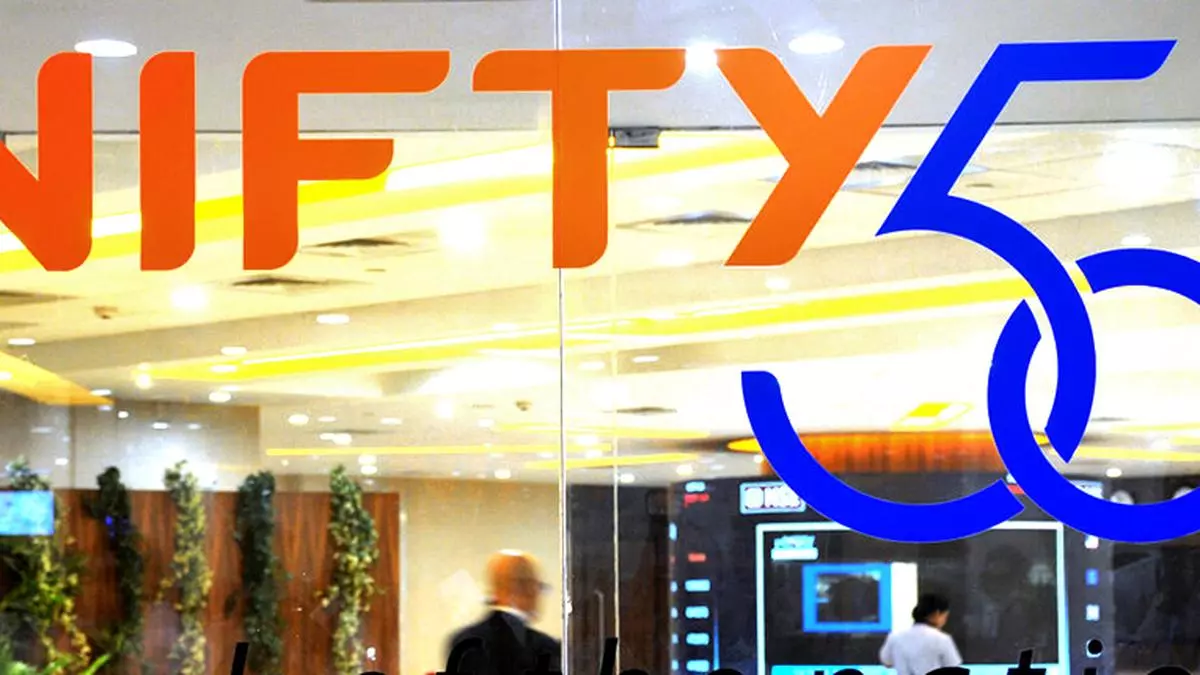![]()
The public sector stands to benefit the most, with generative artificial intelligence capable of enhancing 42pc of working hours in the Irish public sector, excluding healthcare.
A new report from professional services company Accenture published today (9 December) found that generative artificial intelligence (gen AI) could have huge benefits for Ireland.
The surveys by the business were conducted with 409 employees and 128 executives from both public and private sector organisations in Ireland between July and August 2024.
The samples covered 19 industries and included different demographic groups by geography, company size and socioeconomic background.
As per the report, gen AI has the potential to contribute up to €148bn to Ireland’s annual gross domestic product (GDP) by 2038, representing a 22pc increase over the baseline forecast.
Gen AI could also increase Ireland’s average annual GDP growth rate for 2023 to 2038 from the baseline of 2.5pc to 3.9pc, marking a 55pc boost to the nation’s long-term growth trajectory.
The public sector stands to benefit the most, with gen AI capable of enhancing 42pc of working hours in the Irish public sector, excluding healthcare. This could deliver a productivity boost of up to 18pc, translating into annual savings of €2.9bn.
Other sectors, such as life sciences and financial services, could similarly see productivity gains of up to approximately 20pc and 30pc respectively.
And across all industries analysed, total annual savings could amount to €22.2bn if the full potential is realised, Accenture noted in its report.
Hilary O’Meara, country managing director of Accenture in Ireland, said that Ireland stands at a “pivotal moment in its AI journey”.
“Achieving this potential, however, will require collective action from the full ecosystem – government, business, and academia – to build an AI-skilled workforce and foster responsible innovation,” O’Meara said. “Establishing a robust digital core, preparing the workforce and fostering a culture of continuous learning are essential and should be underscored by responsible principles to ensure data privacy, transparency and fairness remain central in all implementations.
“There is enormous opportunity here and by acting with urgency, Ireland can position itself at the forefront of AI-driven innovation and growth.”
Peter Burke, TD, Minister for Enterprise, Trade and Employment, also welcomed the report’s findings: “This report from Accenture is a timely and useful resource for business leaders in taking practical action and building trust in the responsible deployment of AI.”
Burke also said the recent refresh of Ireland’s National AI Strategy sets out the country’s ambition to “seize the opportunity of AI for our collective good”.
Gen AI’s potential impact on workers
In Ireland, seven out of ten workers could have at least a third of their working hours enabled by the technology, either through automation or augmentation. On average, this could save employees 17pc of the time they currently spend on routine tasks.
Without a people-centric approach that empowers workers to perform higher-value tasks – rather than simply automating existing processes – €96bn in economic value could be left untapped by 2038.
The report identifies three factors which pose a risk to the realisation of that potential:
Deployment gap
Among those that have invested in the technology, 91pc have yet to scale its use across their business. One in three organisations believe their cloud capabilities are insufficient to leverage gen AI, highlighting the need to accelerate the modernisation of their technological foundations.
Skills gap
Despite the significant impact leaders expect gen AI to have on skills, the executives surveyed said that 64pc of their workforces still require reskilling, equivalent to roughly 1.76m people. Less than half (45pc) of Irish executives report that their workforces are confident in their digital skills to leverage this technology.
Trust gap
Trust that government (38pc) or business leaders (45pc) will make the right decisions to ensure gen AI has a positive impact on Ireland continues to lag, but Accenture believes that there is an opportunity to close that gap.
According to the company, there are also five steps business leaders and governments can take in order to tackle these challenges:
Lead with value
Shift the focus from siloed use of gen AI to integration across the entire value chain and developing new, AI-enabled offerings.
Understand and develop an AI-enabled, secure digital core
Invest in technology that runs seamlessly and allows for continuous creation of new capabilities.
Reinvent talent and ways of working
Set and guide a vision for how to reinvent work, reshape the workforce and prepare workers for a gen AI world.
Close the gap on responsible AI
Design, deploy and use AI to drive value while mitigating risks.
Drive continuous reinvention
Make the ability to change a core competency and part of company culture supported by an ecosystem of collaborators.
In October, Accenture and Nvidia announced that they would team up to boost AI adoption.
As part of the plan, Accenture launched a Nvidia business group to train 30,000 Accenture employees who will guide clients in adopting and scaling the latest AI tools.
Don’t miss out on the knowledge you need to succeed. Sign up for the Daily Brief, Silicon Republic’s digest of need-to-know sci-tech news.










Leave a Comment